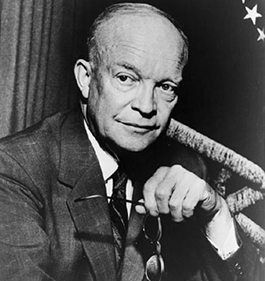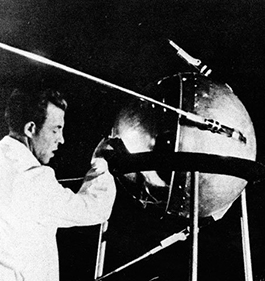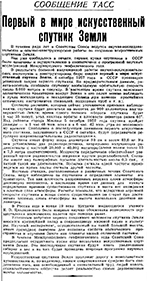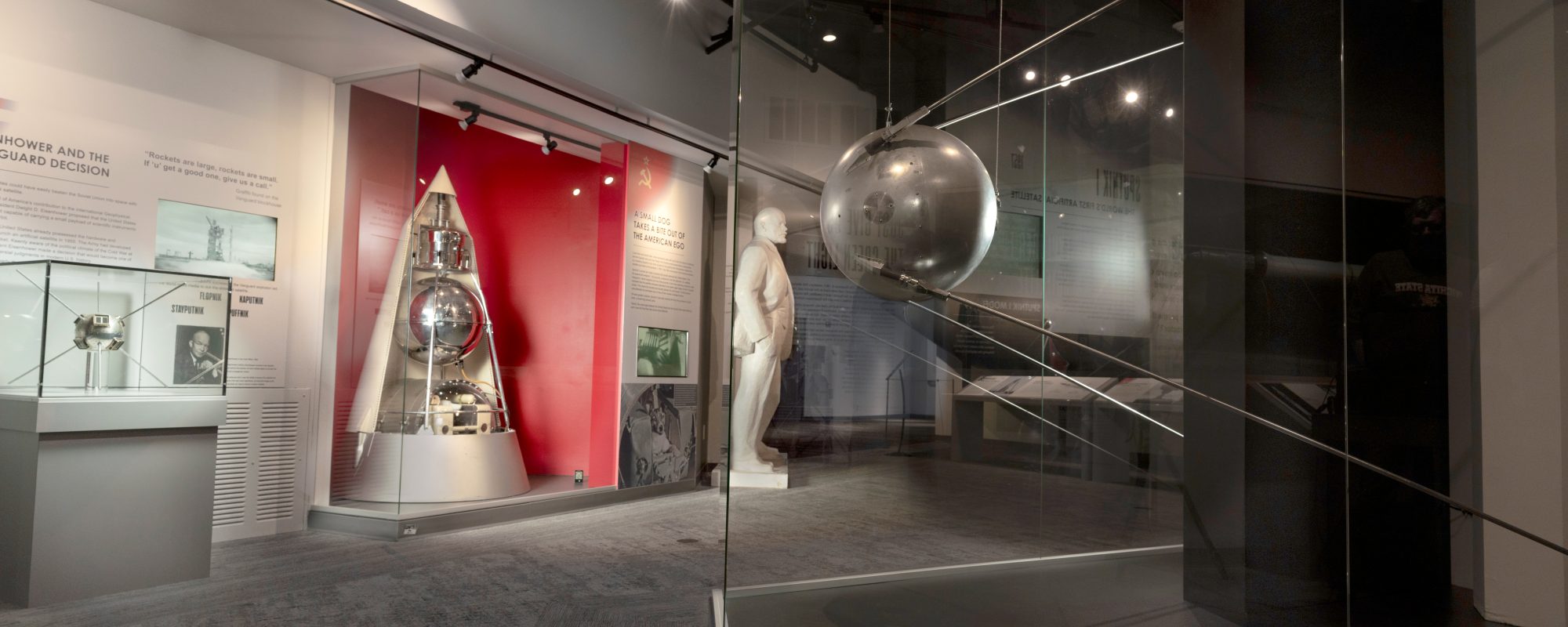Historian James J. Hartford describes the initial reaction of Moscow leadership to the October 4, 1957 launch of the world’s first artificial satellite as “casual.” Even so, those who had designed and launched Sputnik 1 knew they had made history.
It Was a Win for the Engineers
Soviet engineers, led by Sergei Korolev, had been working for two years to beat the U.S. in a race to launch the first satellite. President Eishenhower had spawned the feverish pace of Soviet satellite development with his announcement in 1955 that the United States would commit to launching a satellite during the International Geophysical Year, a period that actually spanned 18 months between 1957 and 1958 and was intended to prompt international scientific collaboration.

But instead of collaboration, competition characterized the US-Soviet rivalry. The ambition to outpace the Americans drove Korolev and his team to develop a satellite they hoped to launch before 1958. They intended it to be heavier than the satellite that became Sputnik 1, with more scientific instrumentation, but they pivoted to develop a simpler satellite to get it into orbit sooner.

(The shift was caused by faulty intelligence. In the autumn of 1956, Korolev was wrongly informed that in September of that year, the U.S. had conducted a failed satellite launch attempt from Cape Canaveral, Florida. The launch had actually been a Jupiter C missile reentry test, with no goal of putting a payload into orbit.)
Korolev and his team knew the historical significance of being the first nation in the history of humankind to put a satellite in orbit around the Earth. They realized their goal when Sputnik 1 launched successfully in 1957.
But to Some, It Felt Like Just Another Rocket Launch
Nikita Khrushchev, Soviet leader at the time, recalled taking news of the launch in stride. After congratulating the engineers by phone, he “calmly went to bed.”
A colleague of Korolev’s recalled that it felt like Moscow leadership viewed the event as “just another Korolev rocket launch.”
Soviet newspapers also underplayed the achievement, at first, keeping the satellite out of the headlines and reporting its launch in a brief, matter-of-fact account.
Even the name was understated—it was the Russian word for “satellite.”
Until the Soviets Saw the American Reaction

The United States immediately saw the launch of Sputnik 1 as big news, with some viewing the event as frightening evidence that America was lagging behind in science and technology, and therefore in military ability.
By day 2 of Sputnik’s time in Earth orbit, the Soviet media sought to press this propaganda advantage. The headline “World’s First Artificial Satellite of Earth Created in Soviet Nation” was splashed across the front of the Soviet Communist Party’s official newspaper on October 6, 1957.
Listen to Sputnik’s radio transmission here, the famous beep-beep that captivated listeners the world over.
Encounter Cosmosphere’s Sputnik 1 artifact, an authentic engineering back-up model, in this virtual guided museum experience.
Sources:
Korolev’s Triple Play: Sputniks 1, 2, and 3 by James Harford
Korolev, Sputnik, and The International Geophysical Year by Asif A. Siddiqi



